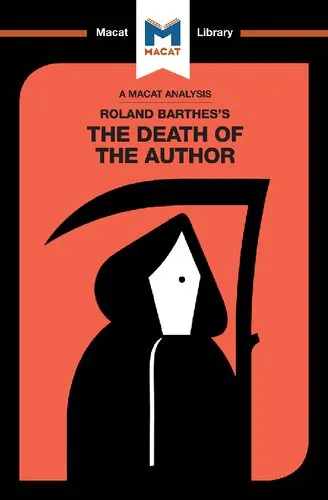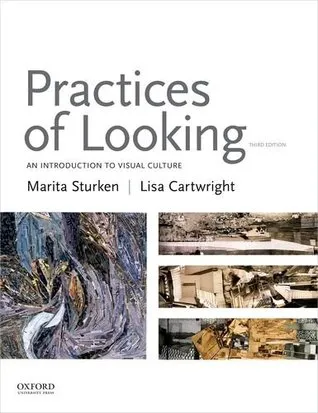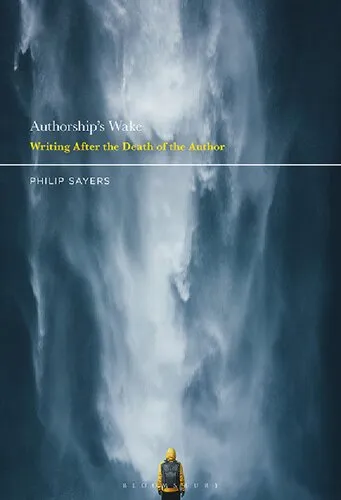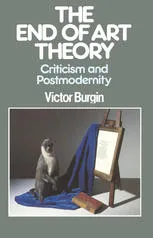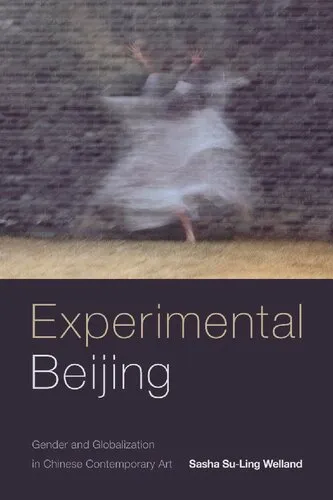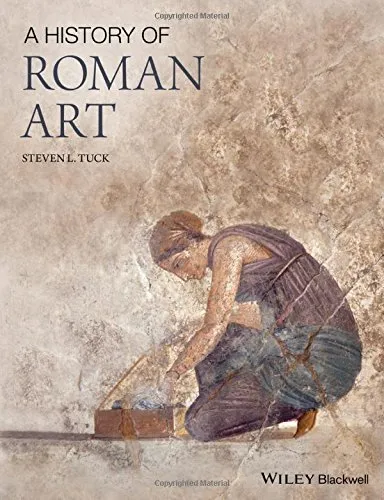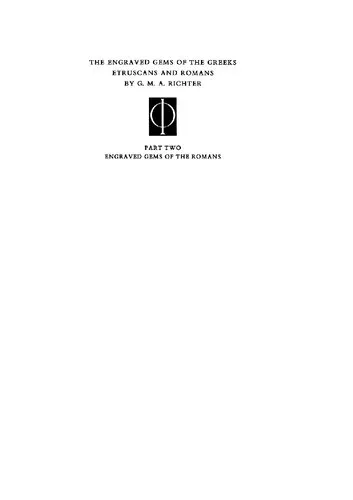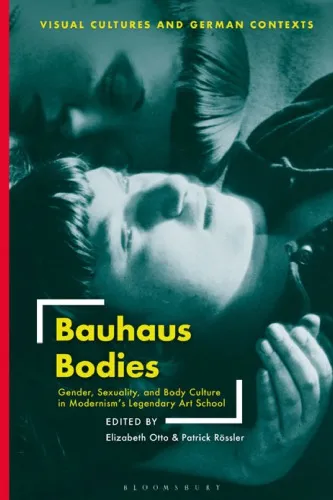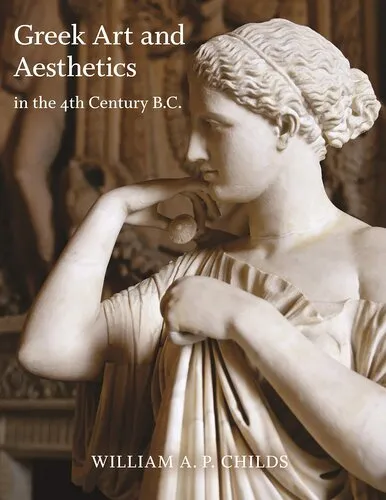An Analysis of Roland Barthes’s The Death of the Author
4.2
بر اساس نظر کاربران

شما میتونید سوالاتتون در باره کتاب رو از هوش مصنوعیش بعد از ورود بپرسید
هر دانلود یا پرسش از هوش مصنوعی 2 امتیاز لازم دارد، برای بدست آوردن امتیاز رایگان، به صفحه ی راهنمای امتیازات سر بزنید و یک سری کار ارزشمند انجام بدینRelated Refrences:
معرفی کتاب 'تحلیلی بر مرگ مؤلف رولان بارت'
کتاب 'تحلیلی بر مرگ مؤلف رولان بارت' اثری است که بهطور جامع و تفضیلی به بررسی مفهوم مشهور بارت، یعنی 'مرگ مؤلف' میپردازد. این کتاب نوشته لارا سیمور است و از نظریات رولان بارت، نقد ادبی و نشانهشناسی برای توضیح دلالتها و پیامدهای این ایده در دنیای ادبیات و نقد استفاده میکند.
خلاصهای از کتاب
این کتاب به بررسی دقیق مفهوم 'The Death of the Author' که نخستین بار توسط رولان بارت در سال ۱۹۶۷ معرفی شد، میپردازد. بارت در این مقاله استدلال میکند که نویسنده تنها خالق متن نیست و نباید تفسیر متن تنها بر اساس قصد مؤلف انجام شود. بهجای آن، خواننده است که معنا را خلق میکند. لارا سیمور در کتاب خود، این دیدگاه را از زوایای مختلف تحلیل کرده و به بررسی تأثیر آن بر روشهای نوین نقد ادبی و تحلیل متن میپردازد.
نکات کلیدی
- اهمیت جدا کردن متن از آفرینندهٔ آن و تمرکز بر نقش خواننده در تفسیر ادبیات.
- بررسی تأثیرات گسترده مفهوم 'The Death of the Author' بر مطالعات فرهنگی و نقد ادبی.
- تحلیل نقش زبان به عنوان یک سازه فرهنگی و مستقل از نیت نویسنده.
نقلقولهای معروف از کتاب
"'مرگ مؤلف' به معنای پایان اعتبار انحصاری نویسنده بر متن خود است."
"این خواننده است که زندهکنندهٔ معنا و تفسیر است."
چرا این کتاب اهمیت دارد؟
تحلیل لارا سیمور از 'مرگ مؤلف' نه تنها به درک بهتر نظریات بارت کمک میکند بلکه ابزارهای جدیدی برای مطالعه و نقد ادبیات معاصر ارائه میدهد. این کتاب یکی از منابع کلیدی برای دانشجویان ادبیات و نظریههای فرهنگی است که میخواهند با رویکردهای نوین و پیشرو در نقد متن آشنا شوند. اهمیت آن در تاکید بر نقش فعال خواننده و تفسیرهای چندگانهای است که میتواند از هر متن حاصل شود.
Welcome to an engaging exploration of one of the most influential essays in literary theory, "The Death of the Author" by Roland Barthes. This book, "An Analysis of Roland Barthes’s The Death of the Author," is dedicated to unraveling the profound implications of Barthes's work and its enduring impact on modern thought. Barthes challenges the traditional role of authorship, positing that the author's intentions and biographical context should not dictate the interpretation of a text. By delving into the depths of this critical theory, readers gain insights into the separation of text and author, which shifts the power of interpretation to the reader.
Detailed Summary of the Book
"An Analysis of Roland Barthes’s The Death of the Author" meticulously dissects Barthes’s central thesis—that authors should be removed from their texts, allowing the work to speak for itself. The book delves into Barthes' argument that when an author writes, they lose control over their work, meaning is instead created in the interaction between the reader and the text. This analysis navigates Barthes's critique of traditional literary criticism, which often prioritizes authorial intent and biography, arguing this approach limits the richness of textual interpretation. By presenting various examples and counterarguments, the book showcases how the theory of "The Death of the Author" opens up new pathways for analyzing literature, emphasizing the active role of the reader in creating meaning.
Key Takeaways
- The author's intent is not the final authority on a literary work's meaning.
- The interpretation of a text is subjective and varies between different readers.
- "The Death of the Author" contributed significantly to the development of poststructuralist and deconstructionist theories.
- Literature is more open to interpretation when divorced from the author's personal context and intentions.
Famous Quotes from the Book
"A text's unity lies not in its origin but in its destination."
"The birth of the reader must be at the cost of the death of the Author."
Why This Book Matters
"An Analysis of Roland Barthes’s The Death of the Author" is crucial for students, scholars, and enthusiasts of literary theory. Its examination of Barthes’s essay presents a paradigm shift in how we view literature and textual analysis, encouraging readers to embrace multiple interpretations and thereby enriching the reading experience. This book provides a comprehensive understanding of Barthes’s ideas and situates them within the broader context of literary criticism and postmodern thought. As contemporary culture increasingly questions the nature of authorship in various media, from books to digital platforms, the concepts discussed in this book continue to resonate, influencing current critical approaches and conversations about creativity, originality, and textuality.
دانلود رایگان مستقیم
شما میتونید سوالاتتون در باره کتاب رو از هوش مصنوعیش بعد از ورود بپرسید
دسترسی به کتابها از طریق پلتفرمهای قانونی و کتابخانههای عمومی نه تنها از حقوق نویسندگان و ناشران حمایت میکند، بلکه به پایداری فرهنگ کتابخوانی نیز کمک میرساند. پیش از دانلود، لحظهای به بررسی این گزینهها فکر کنید.
این کتاب رو در پلتفرم های دیگه ببینید
WorldCat به شما کمک میکنه تا کتاب ها رو در کتابخانه های سراسر دنیا پیدا کنید
امتیازها، نظرات تخصصی و صحبت ها درباره کتاب را در Goodreads ببینید
کتابهای کمیاب یا دست دوم را در AbeBooks پیدا کنید و بخرید
1456
بازدید4.2
امتیاز0
نظر98%
رضایتنظرات:
4.2
بر اساس 0 نظر کاربران
Questions & Answers
Ask questions about this book or help others by answering
No questions yet. Be the first to ask!
